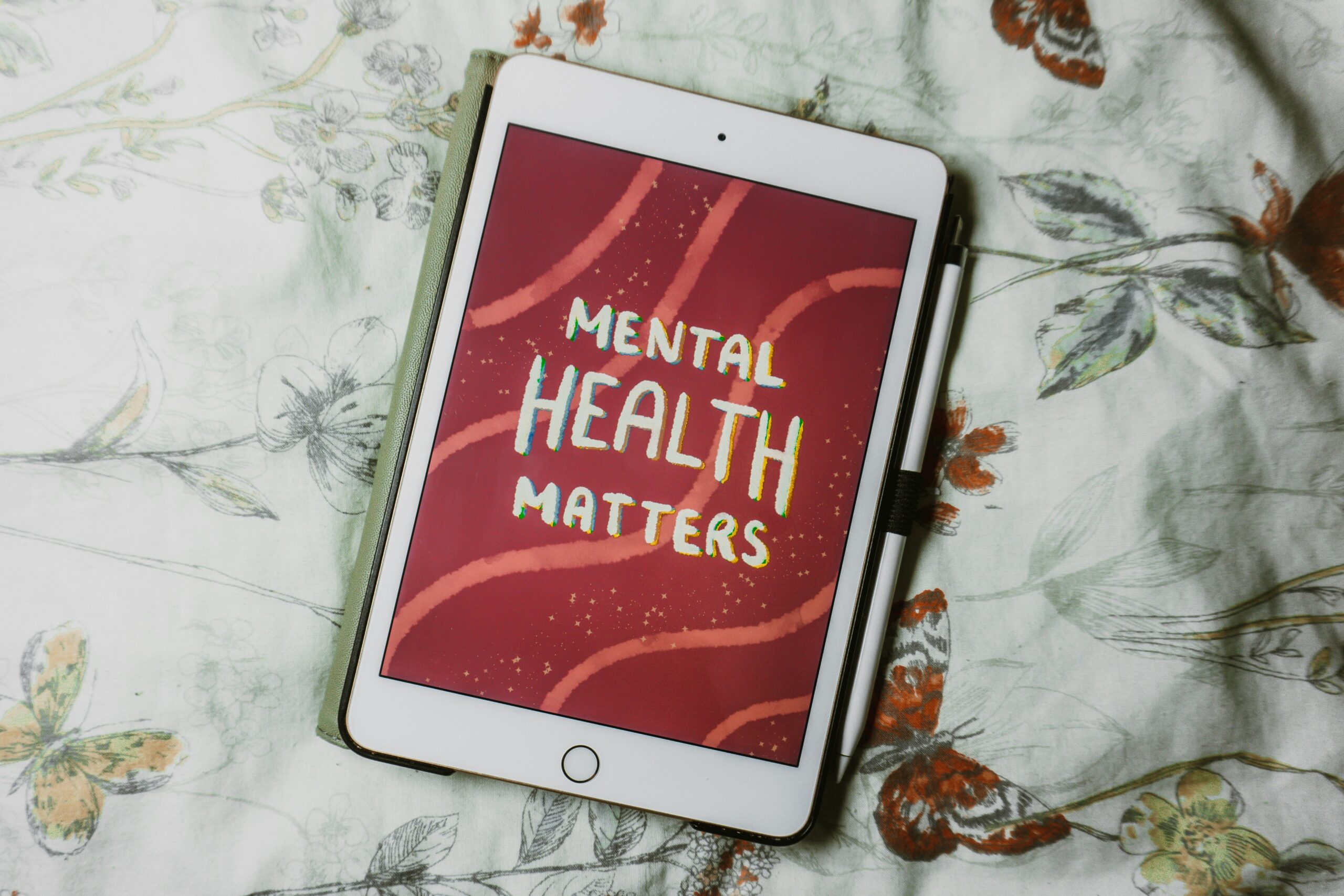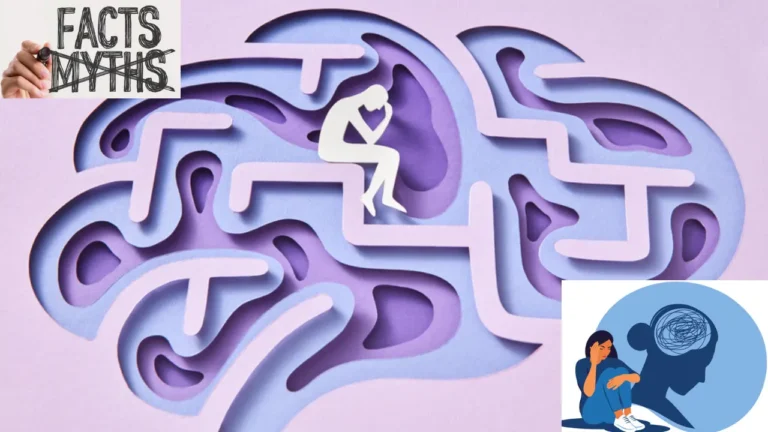Mental Health Awareness: Debunking Myths and Eliminating Misconceptions
Mental health is Something which is very important and crucial aspect of our overall well-being, still it remains one of the most “misunderstood topic” in our society and these myths and misconceptions prevent people from moving forward to take care of their mental health.. So, in this Article we will delve deep into this topic and discuss about the misconceptions about Mental Health and also about how our society takes this important topic in different Angle from so long. But What we will be doing here is to clear all the doubts about this topic.
Understanding Mental Health
Mental health encompasses our emotional, psychological, and social well-being. It influences how we think, feel, and act, playing a vital role in managing stress, building relationships, and making decisions.
Contrary to popular belief, mental health is not just the absence of mental illness. It’s about maintaining a balanced state of mind and thriving in life, even when challenges arise.
Breaking Common Myths About Mental Health
1. Mental Health Issues Are Rare
Myth: Only a few people struggle with mental health issues.
Reality: According to the World Health Organization (WHO), one in four people worldwide will experience a mental health issue at some point in their lives. Mental health challenges are more common than we realize.
2. Only Weak People Have Mental Health Problems
Myth: Mental health struggles show a lack of strength or resilience.
Reality: Mental health issues can affect anyone, regardless of their strength, personality, or background. External factors like trauma, genetics, or chemical imbalances often play a significant role.
3. Therapy Is for “Crazy” People
Myth: Only those with severe mental illnesses need therapy.
Reality: Therapy is a helpful tool for anyone seeking personal growth, stress management, or improved relationships, not just for those with diagnosed conditions.
4. Mental Illnesses Are Permanent
Myth: Once you have a mental illness, you’ll never recover.
Reality: Many people recover fully or learn to manage their symptoms effectively with proper treatment and support, including therapy, medication, and lifestyle changes.
Why Understanding Mental Health Matters
Educating ourselves about mental health breaks down stigma and fosters a culture of support. Open conversations encourage individuals to seek help without fear of judgment and promote better mental health care access for all.
How to Support Mental Health Awareness
- Talk Openly: Normalize discussions about mental health with friends and family.
- Educate Yourself: Learn about mental health issues to debunk myths.
- Offer Support: Be a compassionate listener to someone struggling.
- Advocate for Change: Promote policies and practices that support mental health care access.
Conclusion
Mental health is as crucial as physical health, and understanding it can save lives. By debunking myths and promoting awareness, we can create a world where mental health is prioritized and stigma becomes a thing of the past.
Together, let’s foster a society where everyone feels supported in their mental health journey. What steps will you take today to promote mental health awareness?







One Comment